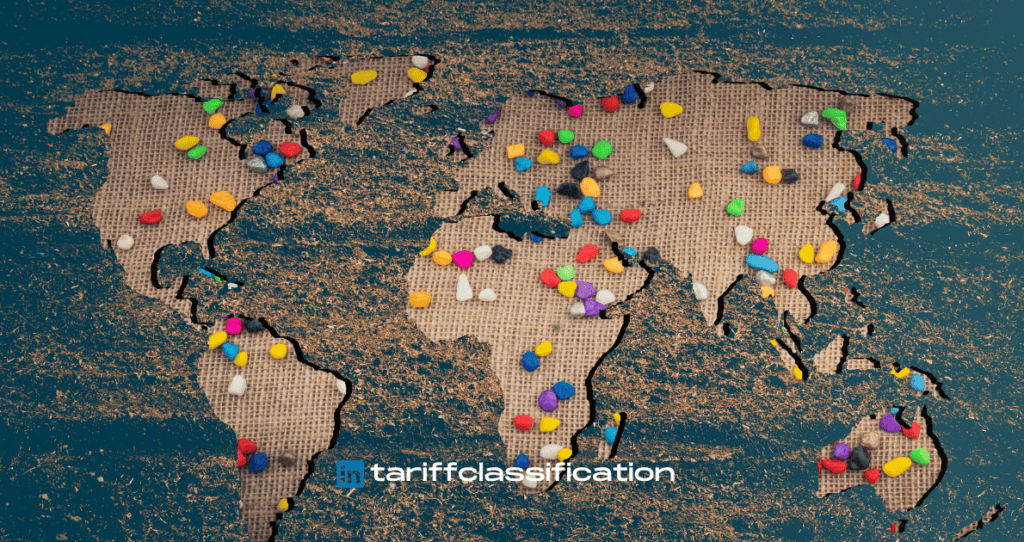Understanding the laws of origin for trade compliance classification is crucial for managing the complexity of international trade. This is so that international trade agreements and regulations may define how a product should be handled based on its origin. As a result, it’s crucial to comprehend the rules of origin in order to classify commodities correctly and guarantee compliance with relevant legislation.
Origin definition.
The country of origin of a product is determined by a set of standards known as the rules of origin. Then, you can utilise this origin for a number of things, like tariff categorization, preferential trade agreements, and national security. The prohibition on circumvention—the unlawful transhipment of commodities between nations—is another purpose for the laws of origin.
The standards.
The factors used to identify a product’s origin vary from nation to nation, but they typically include things like the country of production, the location of assembly, and the value added to the product in each nation. Additionally, some nations demand that a product fulfil specific requirements before it can be regarded as being from that nation, including having a specific amount of locally produced materials. For instance, in order for a product to be deemed to have originated in the United States, it must contain at least 50% U.S. material.
Be mindful.
The regulations of origin can be intricate and differ from one nation to the next, so it’s crucial to be informed of the particular requirements for each product. Additionally, it’s critical to stay current with any new developments because the laws of origin can change rapidly.
Conclusion.
Businesses involved in international commerce must grasp the origin regulations for classification of trade compliance. Businesses may make sure they are correctly classifying items and abiding by applicable laws and regulations by understanding the rules of origin.
